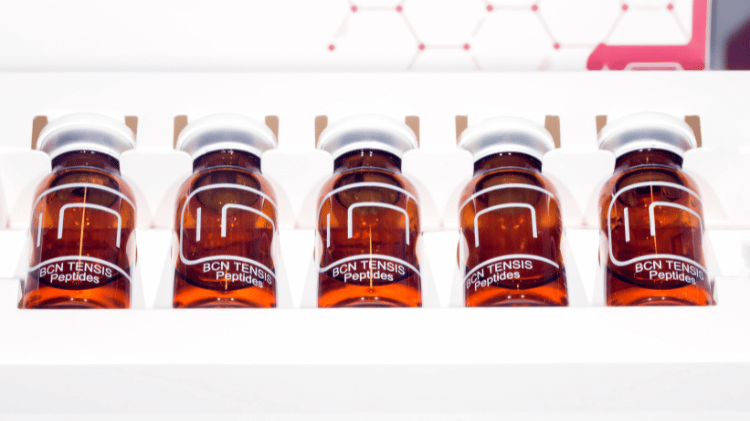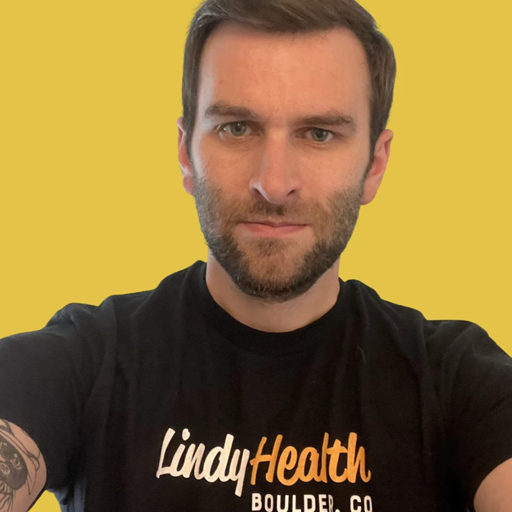Peptides are often viewed as a ‘performance enhancing’
Now that we have already established the best places to buy peptides online, you might be wondering what the best peptide stack for building muscle is – and we’ve got the answers.
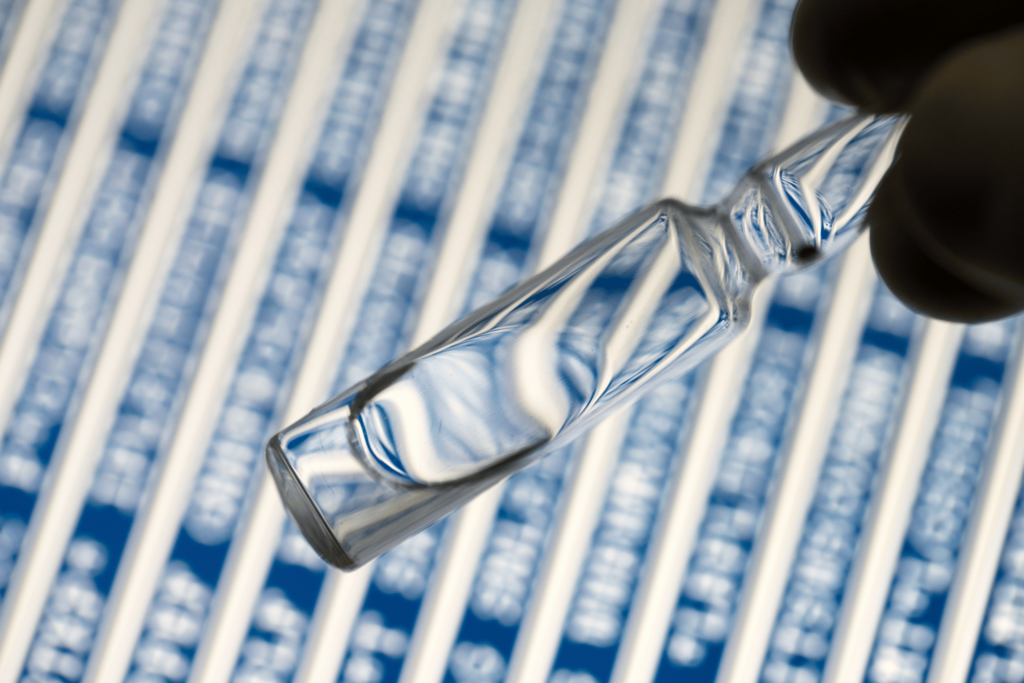
While we touched on what peptides are in our previous blog posts, let’s establish some basics.
When it comes to bodybuilding, peptides are often touted as an enhancement alongside the likes of SARMs and other PEDs. I would personally hesitate to label peptides as performance enhancing drugs, but they do certainly show promise for helping to build muscle mass and aid in supporting recovery.
Peptide Refresher
Peptides themselves are shorter chains of amino acids – small proteins, made naturally within our body and used for various biological processes. They act as signaling molecules and communication pathways. They play a role in hormone regulation, hormone production, and cell signaling.
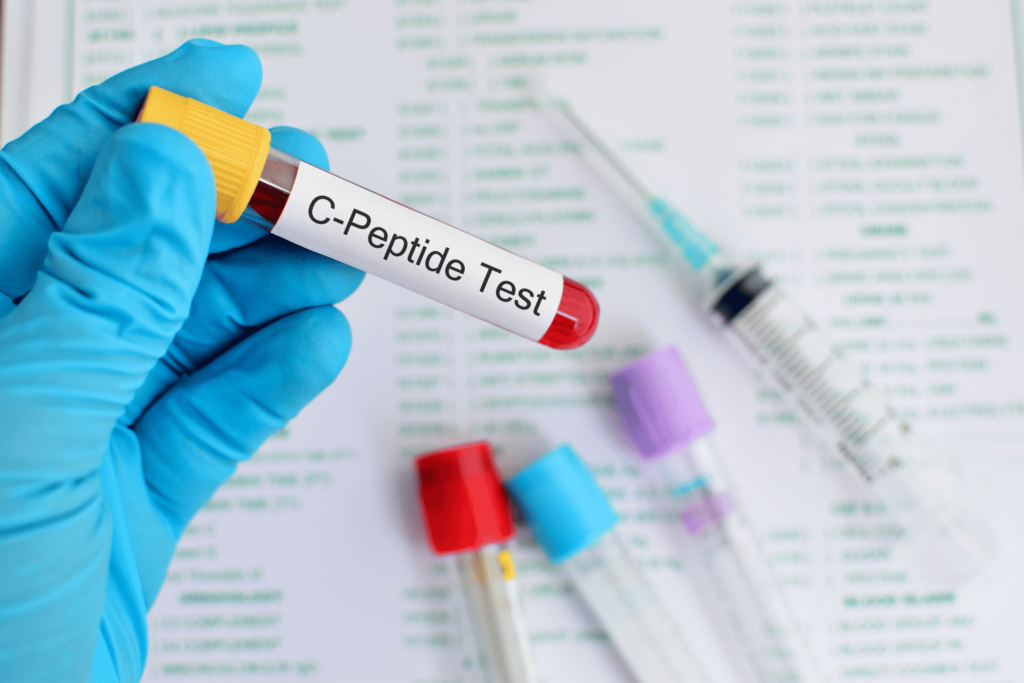
Peptides will typically bind to a receptor of a certain cell, produce a reaction, and then ‘go away.’ They have an extremely short half-life, which is both a benefit and detriment.
It means they are going to inherently be less effective than anabolics when it comes to building mass, but it also means there are likely far fewer side effects – none of the hormonal suppression you see with testosterone use.
As the benefits and use of peptides can range widely, there is no ‘single’ benefit to be derived – rather, it will depend on your goals and what peptides you take geared towards those goals.
Are Peptides Effective for Muscle Growth and Recovery?
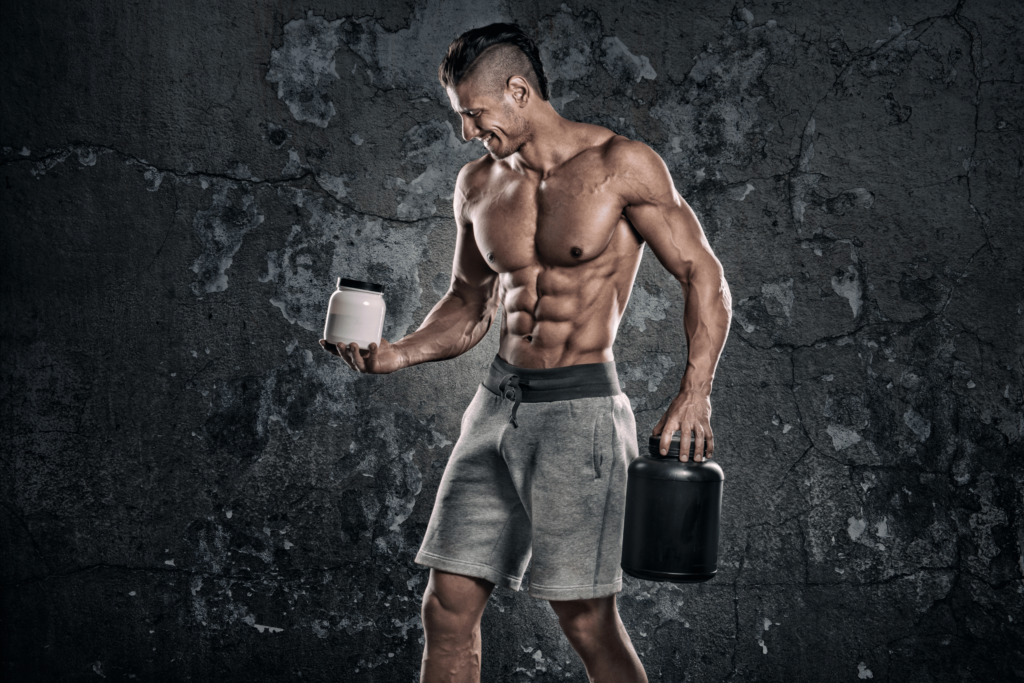
When it comes to the efficacy of peptides, most research seems to indicate that injectable peptides are found to be the most readily absorbed.
Oral forms – such as tablets or powders, are often less effective because peptides are not properly absorbed through the “intestinal mucosa” and are commonly found to have “poor oral bioavailability.”
While many Reddit users or other forum users will try to steer people away from peptides and towards anabolics, those looking to avoid a cycle but help support muscle growth, should give consideration to peptides as a good option. This is provided that cost isn’t an issue.
Best Peptide Stack for Muscle Growth + Recovery

Those interested in peptides for muscle growth or recovery will specifically want to look for certain types of peptides. These are referred to as “growth hormone secretagogues (GSH).”
GH ‘secretagogues’ work as peptides to trigger the release of GH from the pituitary gland.
Some of the more popular examples include: CJC-1295, CJC-1293, ipamorelin, and GHRP-1.
BPC-157:
Known as ‘body protecting compound 157,’ BPC-157 is a peptide found naturally within the human stomach. Formulated as a synthetic 15 amino acid peptide, it has received attention in the medical community for its ability to heal IBS and intestinal ulcers.
This peptide is not commonly used within stacks for muscle growth, per say, but rather for healing. This peptide was shown in studies to “improve muscle healing in rats” with multiple injuries, while also “counteracting corticosteroid impairment in tendon [and] bone healing.”
Research has also supported the use of BPC-157 for “muscle injuries, nerve injuries, tendinopathies, tendon injuries, ligament injuries, and bone fractures.” BPC is believed to enhance the nitric oxide pathway, helping to decrease pain and soreness in damaged tissue – along with facilitating more oxygen.
BPC-157 is not currently approved by the FDA for therapeutic use as a drug, but is completely legal within the U.S to purchase it. While BPC-157 has been proven to be quite safe, with few reported side effects – it is still banned for use in sports with drug testing.
When taking BPC-157, we recommend it in the stack we outline. We suggest it taken twice a day as 100 mcg injected SQ – for a period of 3 months on, one month off. Please note that BPC, like other injectable peptides, must be diluted with bacteriostatic water).
PEG-MGF and IGF-1/LR3
Peptides offer a great solution to those who do not want the hormonal sides associated with supraphysiological doses of anabolic steroids. Both PEG MGF and IGF-1 LR3 are heavily studied, with proven efficacy when it comes to muscle recovery and assisting in growth.
IGF-1 is a mediator of HGH and binds to insulin receptors.
For IGF-1 LR3, we recommend 40 mcg/day (up to 80 mcg).
It’ll help boost IGF, but will yield results much faster compared to other commonly referenced ‘bodybuilding’ peptides like CJC. You’ll see increased pumps, and faster muscle recovery. Faster recovery = faster gains.
LR3 is similar structurally to insulin, helping to more readily shuttle and accelerate progress after intense workouts.
Administer IGF-1 LR3 once daily for 6 weeks. However, with IGF LR3, you’ll need a month off after six weeks before starting up a new cycle.
For the most accurate dosing instructions, please read here.
PEG-MGF (pegylated mechano growth factors) is among the best analogues for IGF when it comes to growth.
Just as IGF-1 had been modified to the aforementioned IGF LR3 for a longer half life, PEG-MGF is the modified version of MGF. MGF traditionally lasts for about 5-7 minutes after being produced by the liver. Polyethylene glycol (PEG) was added to the MGF chain to ensure half-life of several days.
MGF directly acts to signal cells close to ‘damaged’ muscular tissue – indirectly influencing growth. This will help you to create new muscular tissue, while assisting in the recovering of already damaged muscle tissue on rest days.
MGF is a variant of IGF-1 (1Ec) that also assists in nitrogen retention and protein synthesis. Compared to other peptides like CJC-1295, you are going to see much faster rates of growth and recovery.
MGF should also be done in a 6 week on, one month off cycle – with optimal dosing being around 100-200 mcg administered SQ twice a week. A single injection site can be used as you do not need to administer it systematically.
In other words, you do not have to inject into both quad regions – only one SQ or intramuscular injection is required.
An example of implementing this on a schedule might look like:
Sunday: 150 mcg MGF (300mcg)
Monday: 20 mcg IGF (40mcg) after work-out
Tuesday: 10 mcg IGF (20mcg) after work-out
Wednesday: 20 mcg IGF (40mcg) after work out / 150 mcg MGF
Thursday: 20 mcg IGF (40 mcg) after work out
Friday: 20 mcg IGF (40 mcg) after work out
Saturday: 150 mcg MGF (rest day)
Conclusion

Research seems to point towards some peptides being beneficial for increasing recovery time, growth rate, and helping to aid in putting on muscle mass.
Growth hormone secretagogues are a particular type of peptide that can stimulate the release of HGH (human growth hormone). Part of this is due to the peptides stimulating the liver to release IGF-1, which triggers muscle growth and the indirect breakdown of body fat.
While peptides offer a number of solutions to health problems, most people don’t consider them for bodybuilding or supporting muscle growth, but they can be a useful arsenal tool. There are a number of peptides we haven’t covered worth consideration, including CJC-1295 and Ipamorelin, but you’ll get the most bang for your buck out of the stack we’ve outlined above.
- Peter MD Review 2024 – Is it a Good TRT Option? - February 27, 2024
- 5 Best SARM Companies - February 1, 2023
- Movement, Exercise, and How to Make it Stick - January 11, 2023



